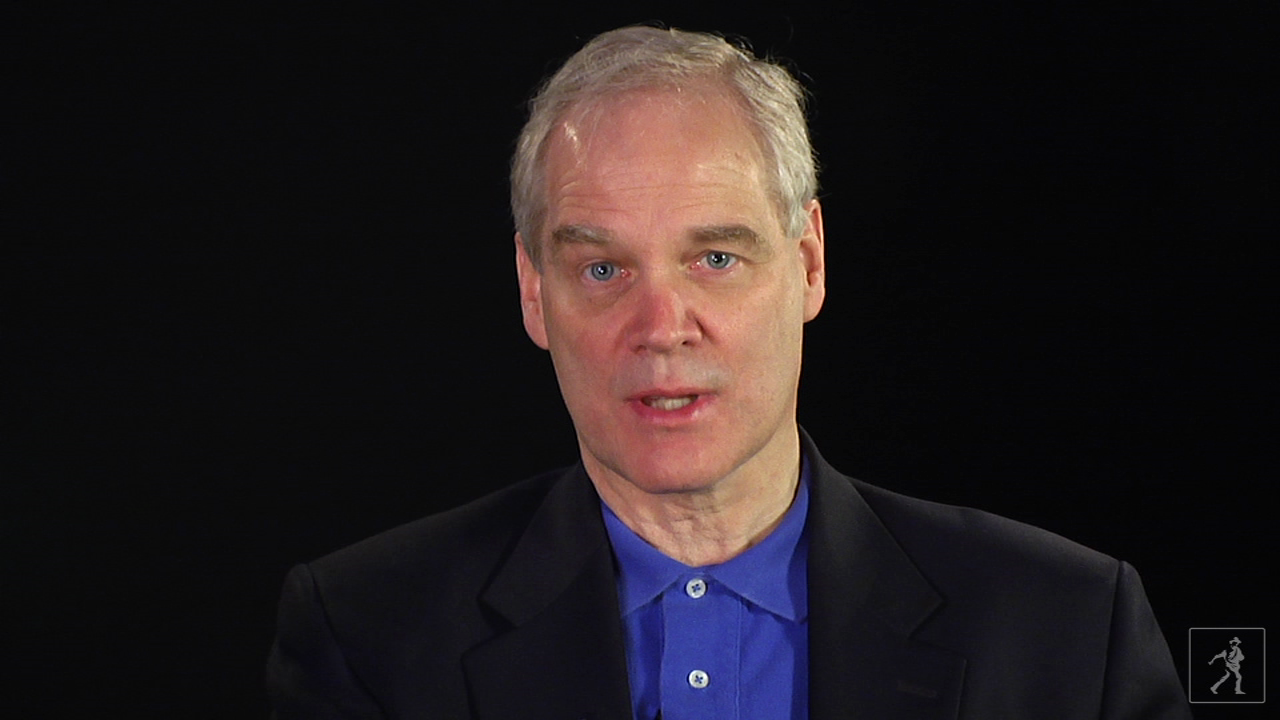Get our latest book recommendations, author news, and competitions right to your inbox.
Table of Contents
About The Book
Unfortunately, it also led to the perfect punishment. When Jack Rankin gets busted for defacing a school desk with a huge wad of disgusting, watermelon bubble gum, the principal sentences him to three weeks of after-school gum cleanup for the chief custodian. The problem is, Jack's anger at the chief custodian was the reason for his gum project in the first place. The chief custodian happens to be Jack's dad.
But doing time in the school basement after hours reveals some pretty surprising things: about the school, about Jack's father, and about Jack himself.
Reading Group Guide
Join our mailing list! Get our latest book recommendations, author news, and competitions right to your inbox.
Jack makes a careful plan to deface a music room desk. Explain Jack's plan. Do you think most kids put gum under desks or do other damage to school property in similar ways, or for similar reasons? What does Jack hope to achieve with his gum plan?
In chapter two, Andrew Clements writes: "...laughter from kids is more powerful than words from teachers." What does this mean? In what ways is this statement correct? In what ways is this statement incorrect?
What do Luke and Kirk do to Jack after his dad cleans up their classroom in chapter three? What other encounters does Jack have with Luke and Kirk? How does he handle them? Do you think Jack uses a good strategy to handle these boys? Explain your answer. Have you ever teased another kid about something he or she could not change? Why did you do this? How did you feel about it afterwards?
Chapter six begins with a discussion of ways in which Jack is like his dad. Are you ever told you are like your father, mother, or another family member? How does this comparison make you feel? How does the comparison make Jack feel? What is the real reason he feels this way?
Describe Jack's mother and sister. Do you think Jack has a good home life? How might this story have been different had Jack explained his feelings to one of his parents? Do you think he understood his feelings well enough to explain them?
How does Jack's father react to Jack's bad behavior and punishment? What does Jack think about this reaction?
What is the thing that Helen calls "Boy Territory"? Do you think there is a comparable place that could be called "Girl Territory"? What is the author really describing when he speaks of "Boy Territory"?
What does Jack learn about gum from his three-week punishment? What does he learn about the old school building? What does he learn about his father's job?
What happens when Jack discovers that one of the mystery keys leads him to the tower? Late in the story, another character admits to spending time up in the tower. Who admits this? Did this admission surprise you? What does the tower section of the story show readers about this character? What does it teach readers about Jack?
What does Jack's father tell him about his grandfather? Why do you think he tells him this story? Do you think Jack's grandfather was a good person? Was he a good father? In what ways is Jack's dad similar to or different from Jack's grandfather? Do you think Jack's dad would have reacted the same way to the totaled car? Explain your answer.
Explain what John means when he says, "My life is my life, and yours is yours. I'm just glad that we get to run side by side for a few years, that's all."
Can you think of a moment in time when you felt you really understood a parent's point of view? Describe this moment and how it affected your relationship with this adult.
Activities and Research
Interview an adult at your school who holds a job other than that of teacher, such as an administrator, cafeteria cook, or janitor. Include questions about their job responsibilities, how they came to have their job, their childhood, life outside of school, favorite books, and special interests. Videotape the interview, or use the information to write a newspaper-style article about your chosen person.
Organize a school cleanup day. Ask your teacher, principal, or janitor what type of cleanup is most needed. Make posters announcing your cleanup day. Make a list of tasks and divide them among participating students or classes. Take pictures of the big cleanup and create a wall display recapping highlights of the day.
Jack makes a list of ways he is not like his father. Make your own list of ways you are similar to and different from others in your family. What similarity makes you most proud? What difference do you find most interesting? Try turning your list into a poem.
Make a map of your school. First, take a walk around the school, taking careful notes about what you observe. If necessary, use a separate sheet of graph paper for each floor of your school. Use a rule and colored pencils to create your map, being sure to label halls, classrooms, the gym, the library, the office, and other important places. Highlight favorite locations or places of special interest. Mount your finished map on a sheet of colored paper to create a frame. If possible, compare your map to the maps of classmates or friends. What similarities and differences can you find? What can you learn about different kids' feelings about their school from looking at their maps?
Like his father, John the janitor is willing to quietly help others without seeking any recognition for himself. Make a quiet offer of help to someone in your community. Rake an elderly neighbor's yard, help a busy mom by playing with her preschoolers for an afternoon, or give a teacher a hand straightening up his or her classroom after school. Don't wait until you're asked, and don't ask for anything in return. Afterwards, write a short journal entry explaining how your action made you feel. Will you do such a thing again?
Go to your local library or online to learn more about American war veterans. Then create a patriotic poster honoring all of America's veterans, or an individual veteran you know. Invite some veterans from your community to a classroom or school assembly acknowledging their contributions. The assembly could include a short performance of patriotic music, tasty treats, and the presentation of your posters.
Write a short essay describing the job held by one of your parents or guardians. What do you know about their job? How did they come to have this job? How do you feel about the position they hold? Would you like to have a similar job when you grow up? Why or why not?
Why do kids sometimes find it difficult to tell their parents how they are really feeling? What might be some ways to make communication easier? Write lyrics for a song about a kid talking to an adult. Set your words to a favorite song. If desired, perform your song for family members or friends.
About The Illustrator
Brian Selznick is the author and illustrator of the bestselling The Invention of Hugo Cabret, which was awarded the Caldecott Medal and was a National Book Award finalist. He is also the illustrator of many books for children, including Frindle and Lunch Money by Andrew Clements, as well as the Doll People trilogy by Ann M. Martin and Laura Godwin, and The Dinosaurs of Waterhouse Hawkins by Barbara Kerley, which was a Caldecott Honor Book. Mr. Selznick divides his time between Brooklyn, New York, and San Diego, California.
Product Details
- Publisher: Atheneum Books for Young Readers (August 28, 2012)
- Length: 160 pages
- ISBN13: 9780689835858
- Ages: 8 - 12
Browse Related Books
Awards and Honors
- Nene Award Nominee (HI)
Resources and Downloads
High Resolution Images
- Book Cover Image (jpg): The Janitor's Boy Trade Paperback 9780689835858(4.2 MB)
- Author Photo (jpg): Andrew Clements Photo Credit:(0.1 MB)
Any use of an author photo must include its respective photo credit

























